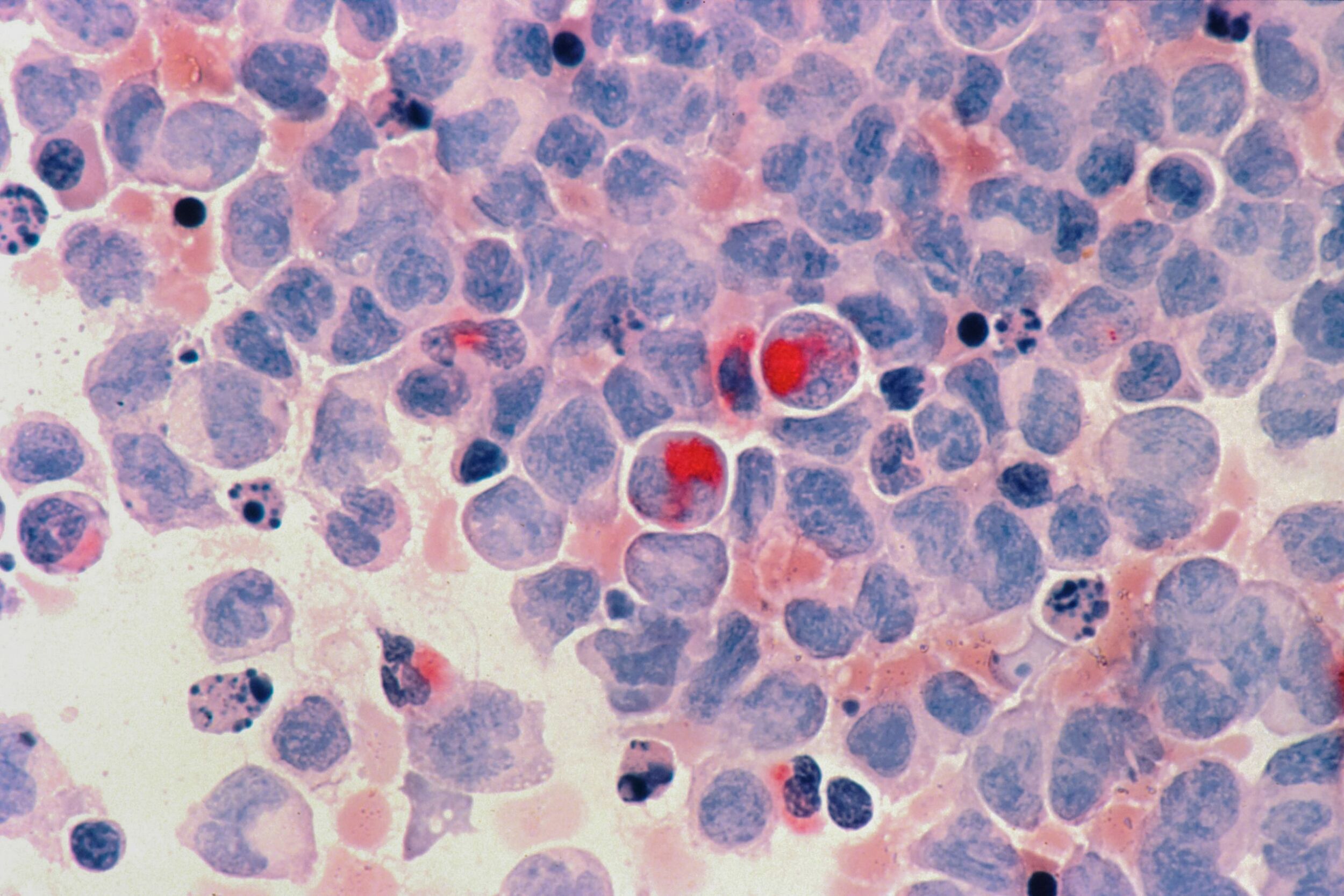It is now harder than ever to get your research published and your voice heard; however, working with a professional medical writer can make all the difference.
Whether you are looking to produce an abstract or poster for submission and presentation at an oncology conference or a manuscript for publication in a peer-reviewed oncology journal, a medical writer can ensure the eloquent presentation of your research findings and adherence to conference and journal formatting requirements. All of these can improve the chances of your research being accepted for publication.
The most common reasons for a manuscript to be rejected by a scientific journal include:
Unimportant or irrelevant subject matter and lack of originality or novelty of results
- Poor rationale or a manuscript that lacks focus and deviates from the rationale of the study
- The subject matter does not fit the aims and scope of the journal
- The manuscript fails the technical screening: poor English, the manuscript is incomplete, incorrectly formatted or incomplete figures and tables, outdated or poorly formatted references, or the structure of the manuscript does not adhere to the Journal’s Instructions for Authors
- A flawed methodology or inappropriate or incomplete statistics
- Lack of interpretations or the interpretations and conclusions are not supported by the data presented in the manuscript
If your study has been well-conducted and has a robust methodology, then tapping into the expertise of a professional medical writer can help to reduce the risk of your paper being rejected by a peer-reviewed scientific journal in several ways.
Firstly, a medical writer can help you select the most appropriate oncology journal for your research. This means ensuring that the journal’s aims and scope are a good fit for your research and finding the right balance between the impact factor/acceptance rate of a journal and the novelty of the data to be published.
Secondly, professional medical writers have an intimate knowledge of the diverse and often complex formatting requirements of individual journals. The Instructions for Authors vary considerably between journals and there is an art to ensuring a manuscript meets all of a journal’s stipulations with regard to the likes of structure, word count, formatting of tables and figures, font size, and use of acronyms.
Thirdly, a professional medical writer is your extra set of eyes. They have an eye for detail and can spot anomalies in the data or important details that are missing from the clinical trial report. They can often find better ways of formatting a table to make the data easier to interpret or advise on data that may be out of scope for the paper.
Finally, a medical writer has a love for words and for finding precisely the right words to best present your research. A medical writer can help an author express their thoughts fluently and concisely, with arguments that are well supported by the study data and the existing published literature.
A medical writer can support you at every stage of the publication process. At Elion Medical Communications we pride ourselves in offering an exceptional medical writing service with a particular emphasis on quality, accuracy, and attention to detail. Oncology, especially breast cancer and lung cancer, is one of our areas of expertise.
Elion Medical Communications is an owner-operated, freelance medical communications business offering outsourced medical writing support for researchers, medical communications agencies, healthcare advertising agencies, medical device, and pharmaceutical companies worldwide.






